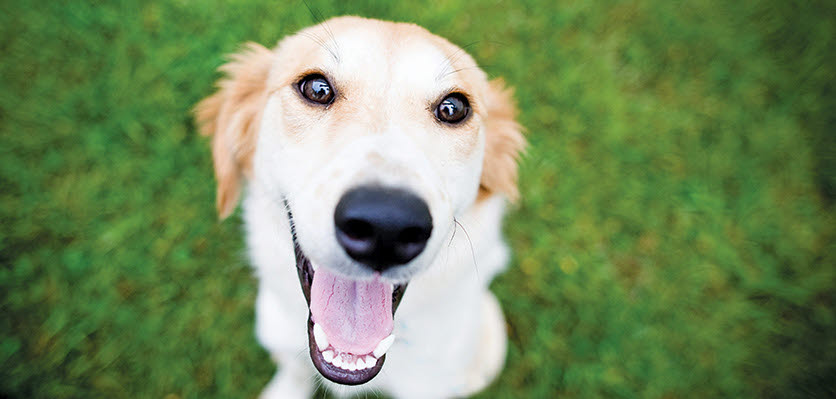
The warm season brings about plenty of hazards for our pets and one, in particular, is the use of snail and slug bait in the garden. There is a lot of misinformation out there including the idea that there are brands available that are safe for pets. This is not the case and these ‘pet-friendly’ products can still be dangerous.
Is snail bait poisonous to dogs?
Absolutely! Ingestion can be fatal and it’s important to know what to watch out for and how you can prevent poisoning. Dogs seem to be more prone as they are scavengers and love to eat things they shouldn’t. Cats can be a bit pickier when it comes to what they eat but are still at risk.
There are three types of snail bait:
- Metaldehyde – green pellets
- Methiocarb – blue pellets
These are the most dangerous and they act on the nervous system causing increased stimulation and can be rapidly fatal if immediate veterinary treatment is not given. Some contain a bitterant but these act ONLY as a deterrent and many dogs will still eat these pellets.
- Iron EDTA (Multiguard) – brown/yellow pellets
These are also marketed as ‘pet-friendly’ but can be particularly dangerous if ingested in large amounts. The iron ingestion may cause gastrointestinal issues such as vomiting and diarrhoea but if enough is eaten, the iron can also cause damage to the liver, spleen, heart, kidneys or brain and even lead to organ failure and death. If your pet ingests this type of slug or snail bait, it’s best to seek veterinary advice.
The main signs of snail bait poisoning include:
- Excessive drooling
- Anxiety and panting
- Muscle tremors, twitching and restlessness
- Rapid heart rate and panting
- Vomiting & diarrhoea
- Seizures
What to do if your dog eats snail bait
If your pet has ingested snail bait (or even if you just think there is a slight possibility your pet has ingested snail bait), you should seek veterinary advice immediately. Bring the packaging with you if you can so your veterinarian knows what was ingested.
The sooner your pet visits a veterinarian, the better the outcome is likely to be. Your pet will need to be made to vomit to help remove as much of the contents from the stomach as possible.
In some cases, your pet may require and an anaesthetic so that the gastric contents can be washed out via a stomach flush and an enema given to reduce toxicity as much as possible. Supportive care in the form of intravenous fluids may be needed as well as medications to help with muscle tremors and seizures.
Your veterinarian will advise you on what is the most suitable form of treatment based on your pet’s clinical symptoms. The most important point to remember is that rapid veterinary intervention is critical.
Prevention is the key
It is safest to avoid the use of all slug and snail bait if you have a pet. If your council allows it, consider chickens and ducks as they are great natural snail and slug controllers!
If you do need to use slug and snail bait ALWAYS keep it out of your pet’s reach (remember that dogs, in particular, are good at seeking it out).
And finally, be careful if you are visiting a friend's or neighbour’s garden with your pet as you might not realise they have used snail bait. It’s always best to keep your dog on a leash until you are confident the area is safe.
You can read more about other spring hazards here.
